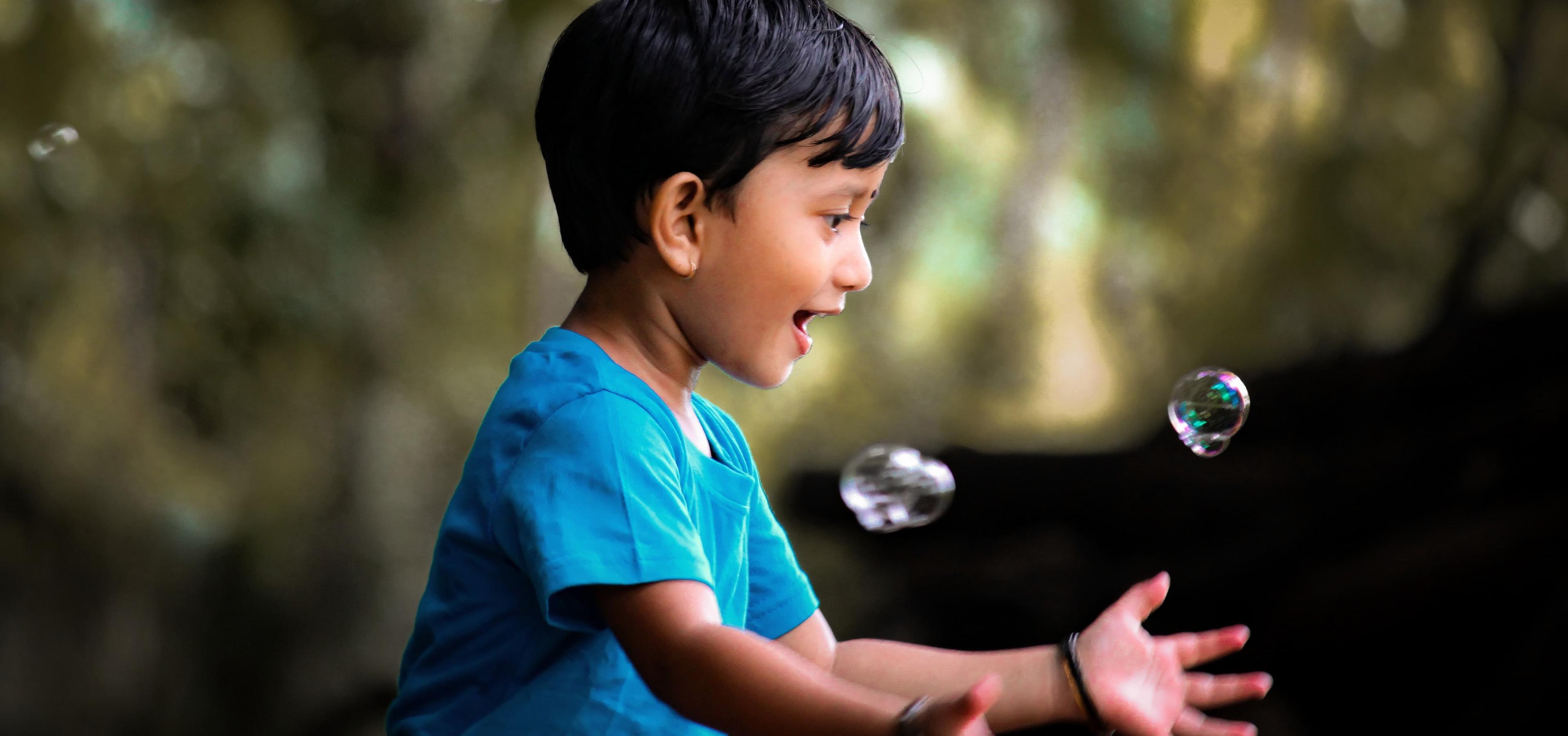The period between the ages of six to twelve is a crucial time in a child's development. During this time, a child's mind undergoes significant changes and transformations. This period is referred to as the second plane of development and is characterised by the transition from the absorbent mind to the reasoning mind. In this blog, we will explore the key features of this period of development.
The Absorbent Mind (0-6 years)
In the first six years of life, a child's mind is referred to as the absorbent mind. This is a period of intense learning, where children effortlessly absorb information from their environment. During this period, children learn through their senses and experiences. They develop language, social skills, and physical abilities through exploration and experimentation.
The absorbent mind is divided into two sub-phases:
- The Unconscious absorbent mind (0-3 years) - During the first three years of life, children absorb information unconsciously, without any effort. They learn through observation and imitation, without any conscious awareness of what they are doing.
- The conscious absorbent mind (3-6 years)- From three to six years of age, children's minds become more conscious, and they begin to make connections between their experiences and the world around them.

The Reasoning Mind (6-12 years)
Around the age of six, children enter the second plane of development and begin the transition from the absorbent mind to the reasoning mind. During this period, children's minds become more analytical and logical. They develop the ability to reason, think abstractly, and make connections between different concepts and ideas.
Children in the second plane of development are eager to explore the world around them and ask questions. They have a strong desire for knowledge and want to understand the reasons behind things. They are capable of thinking about the future and making plans, and they begin to develop a sense of morality and justice.
During this period, children are also developing their social skills. They become more interested in forming friendships and developing relationships with their peers. They develop a sense of empathy and begin to understand the feelings and emotions of others.
The Role of Education in the development of reasoning mind
Education plays a crucial role in supporting the development of the reasoning mind. Children in the second plane of development benefit from a curriculum that is both challenging and engaging. They need opportunities to explore and learn through hands-on experiences, as well as opportunities to work collaboratively with their peers.
The Role of Montessori Education in the development of reasoning mind
Montessori education, for example, is designed to support the development of the reasoning mind. Montessori classrooms provide children with a prepared environment that encourages exploration, discovery, and independent learning. Children are free to choose their own activities and work at their own pace, which fosters a sense of independence and self-motivation.
The period between six to twelve years of age is a critical time in a child's development. It marks the transition from the absorbent mind to the reasoning mind, where children become more analytical, logical, and capable of abstract thinking.

